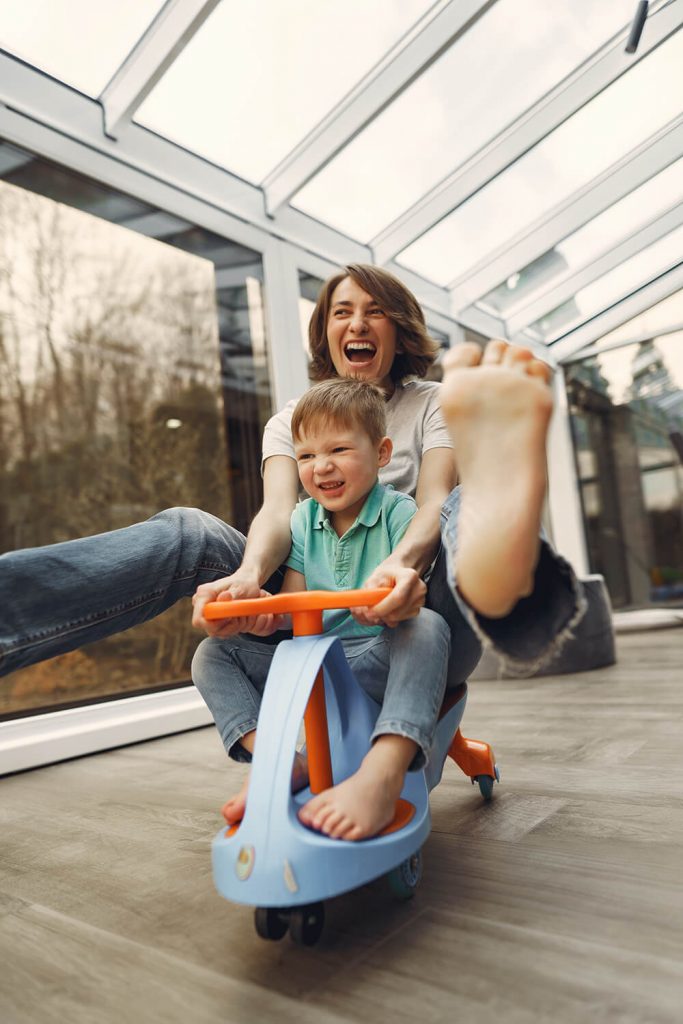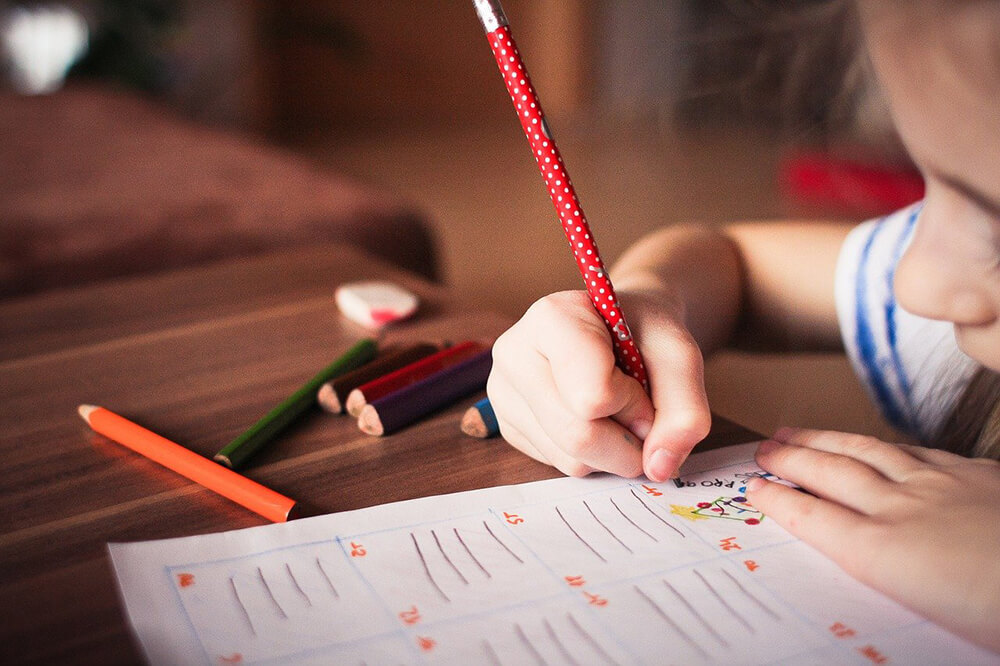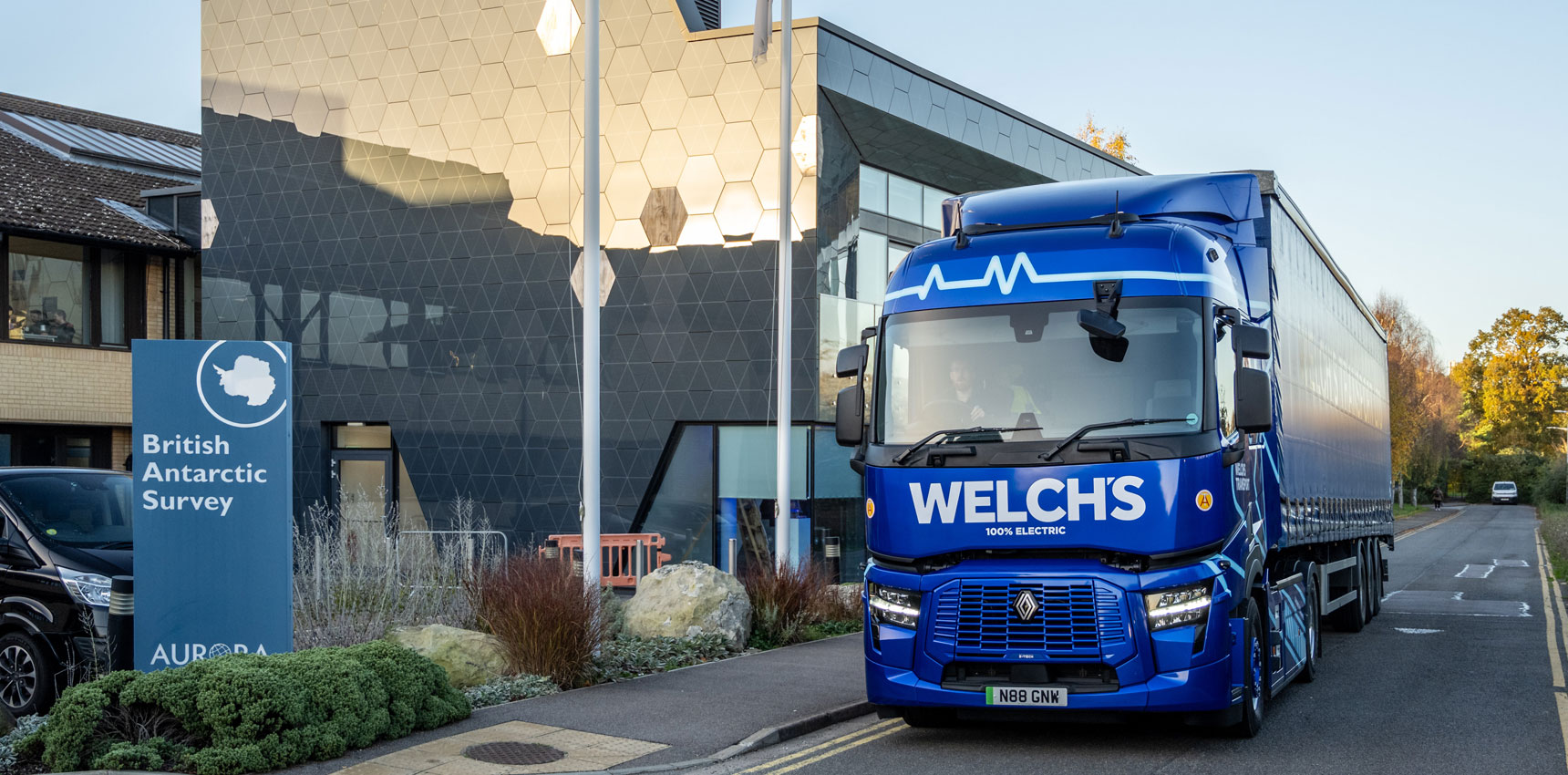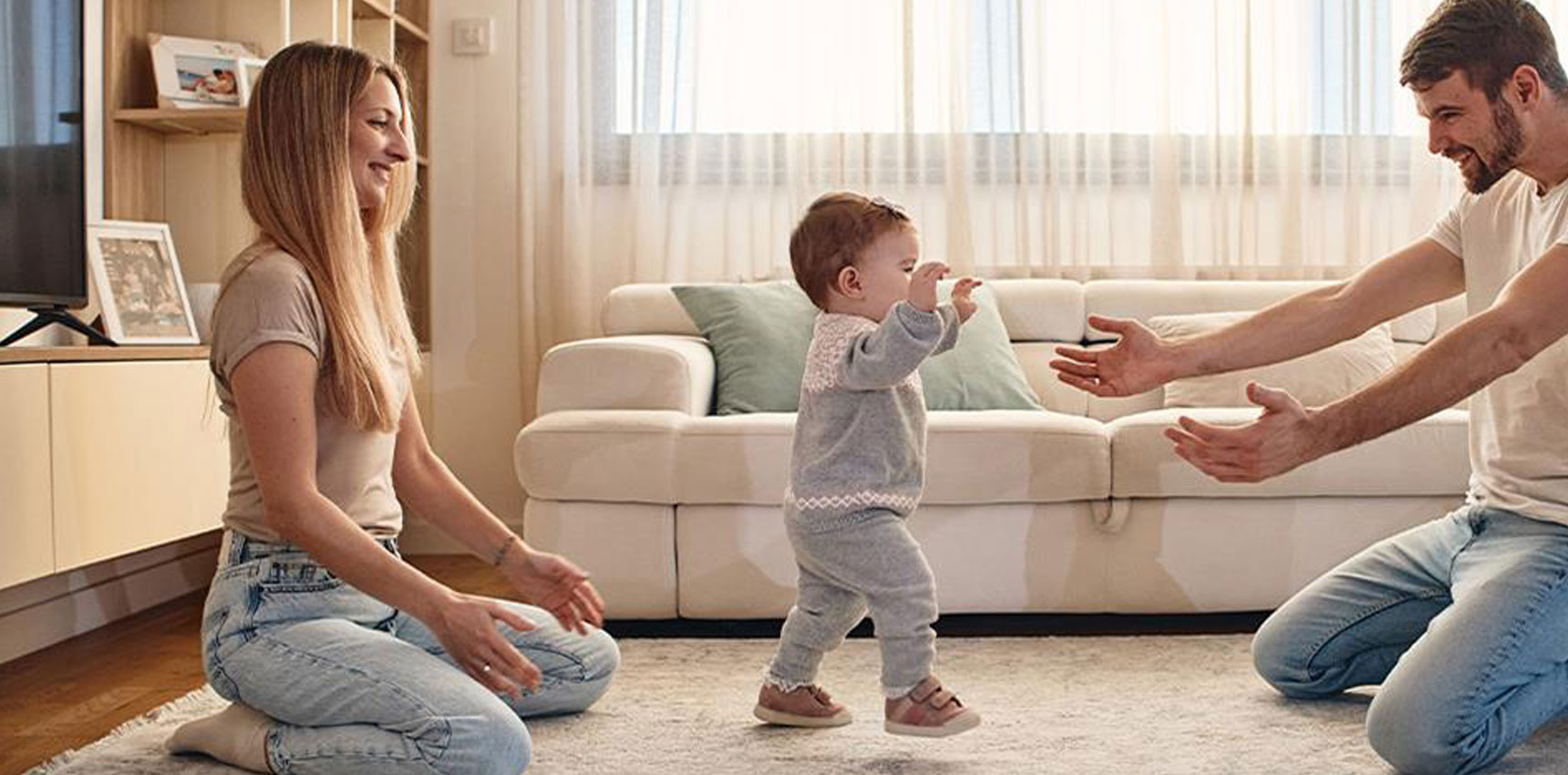February sees us celebrate Children’s Mental Health Week. This is something that many of us are very mindful of at the moment, myself included.
I have seen many conversations about how resilient children are, that we must realise that they take things in their stride and they will be okay. For some this is true. For many, though, the harsh reality is broken routines, missing their usual environment of school, social disconnection from friends, limited conversations, and most of all limited social interaction. The very things we ALL rely on for enabling us to feel good and to feel part of something bigger.
As human beings, we need regular contact, movement, and a good flow of positive thought. These enable us to be in a good place and support our mental and physical health. Children rely predominantly on parents, friends and teachers for these aspects of their life. In addition, some are fortunate to have siblings to play with at home (not always in my house, as by Wednesday they’ve usually had enough of each other!). But some don’t have other children in their home, so they rely on a parent to take on many roles.
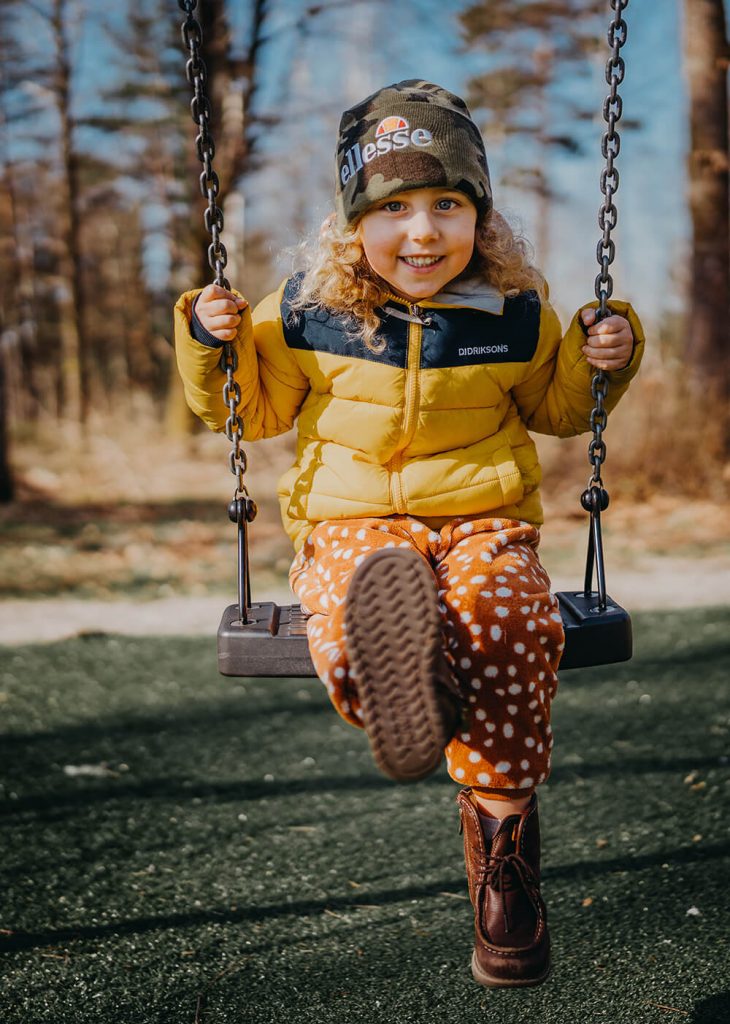
We all cope differently
When all is said and done, this situation isn’t normal, and everyone is impacted differently. That’s right, we are all different, thankfully!
Say, for example, two children are both unwell and end up going into hospital. One child tells his mum they can fight it; they just need to stay positive and they will get well. The other child, however, is very worried, scared that they are going to die and will never recover, despite being told they have every chance of getting better.
This isn’t just about positive thought. This is about stress. If we have an increased amount of adrenalin and cortisol in our body, we are constantly creating a fight or flight response. As a result, we are more likely to be unwell for longer and take longer to recover. Whereas if we can stay intellectually in control and manage our stress well with a happy ‘it will be okay’ attitude, recovery is quicker.
The 3 Ps
So how can we begin to change things for the better for our children? Implementing the 3 Ps is a great start.
At the end of each day, grab a nice notebook and pen and sit together. Collectively write down what has been good today.
Include a:
- Positive Action
- Positive Interaction
- Positive Thought
Consistently doing this will enable the brain to start its rewiring process and begin to look for the good in things. As a result, the brain will have a constant flow of serotonin, enabling it to stay intellectual in control. More control; less stress.
And remember this tool isn’t just for kids, you know!
This biggest factor in mindset and mental health is FUN! So work together to find fun things to do with each other as a family unit. Collectively getting our happy hormones – serotonin, dopamine, endorphins and oxytocin – will support the whole family. Especially if you throw in a twenty-second hug or ten!
